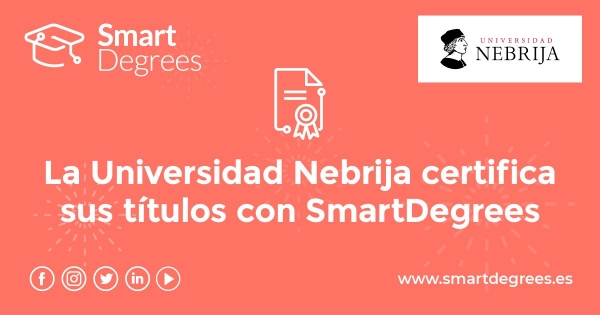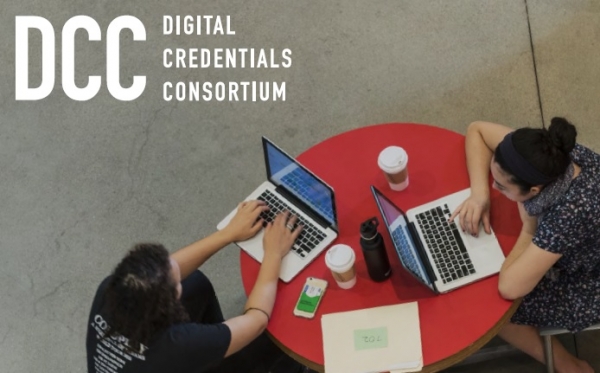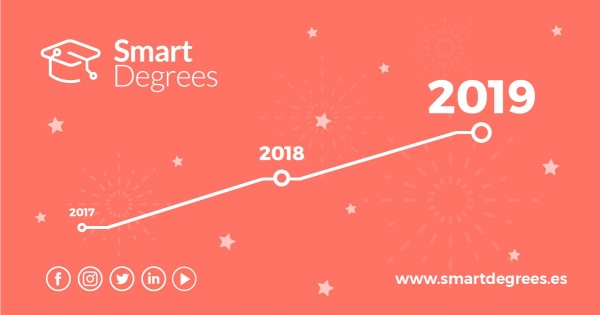Nebrija University offers its students digital certification of their diplomas
(Article published by Nebrija University with the same title on its website)
Graduates of Nebrija University already have their degree certified in digital mode. With this verification, through blockchain technology and the SmartDegrees platform, graduate students in any of the studies that make up the educational offer of Nebrija can accredit their degree to companies and recruiters in a fast and effective way. Now, some 170 students who have completed their undergraduate studies in the 2017-2018 and 2018-2019 academic years benefit from this initiative – listed under the name of Nebrija Smart Portfolio. Later, it will be open to the rest of graduates. Furthermore, the initiative complies with the European Commission’s Verifiable Credentials standard.
Through a simple form, each student, if they wish so, gives their approval to register their undergraduate degree digitally. In this approval, he also has the possibility of accrediting his educational background at Nebrija University as his TFG, his internships in companies or his professional and language skills. According to Clara Vizoso, professor of the Master’s Degree in ICT for Education and Learning Digital and responsible for the Nebrija Smart Portfolio Project, Nebrija University, in its path of innovation and digitization, has decided to put the blockchain system into operation, “an incredibly secure platform”, with great potential that allows through Smart Contracts introduce changes in the way of issuing academic degrees, providing agility, transparency, independence and a new way of transacting with institutions and with students ”. “One of the problems our graduates encounter when applying to a job is that of demonstrating their studies and activities. Thanks to the blockchain technology -which ensures the inviolability of their certificate- and the collaboration agreement signed with the company SmartDegrees, provider of registration services, students will be able to access their certifications in a digital and immediate way, directly through the SmartDegrees mobile application, which facilitates job search, enrollment in new studies and future access to oppositions. Diplomas and certificates go from being a static element on paper or in an electronically signed file, with room for fraud, to being secure digital assets and, therefore, dynamic, under the exclusive control of the graduate”, adds Vizoso.
Nebrija Smart Portfolio is especially useful in this time characterized by the health crisis and the elimination of face-to-face procedures. In addition, it affects the employability of the students themselves by facilitating the recruiter to verify their skills. This proposal will also increase, in a second phase, membership in the Nebrija Alumni Club, the group of alumni of the Nebrija University, which, sponsored by the Antonio de Nebrija Foundation, creates a link between the university and the graduates and postgraduates who have walked the classrooms and hallways of the different campuses.
Media coverage: El Economista, CoinTelegraph, Bolsa Manía, Bit2Me Crypto News


